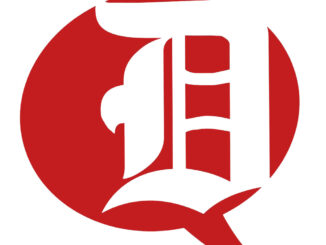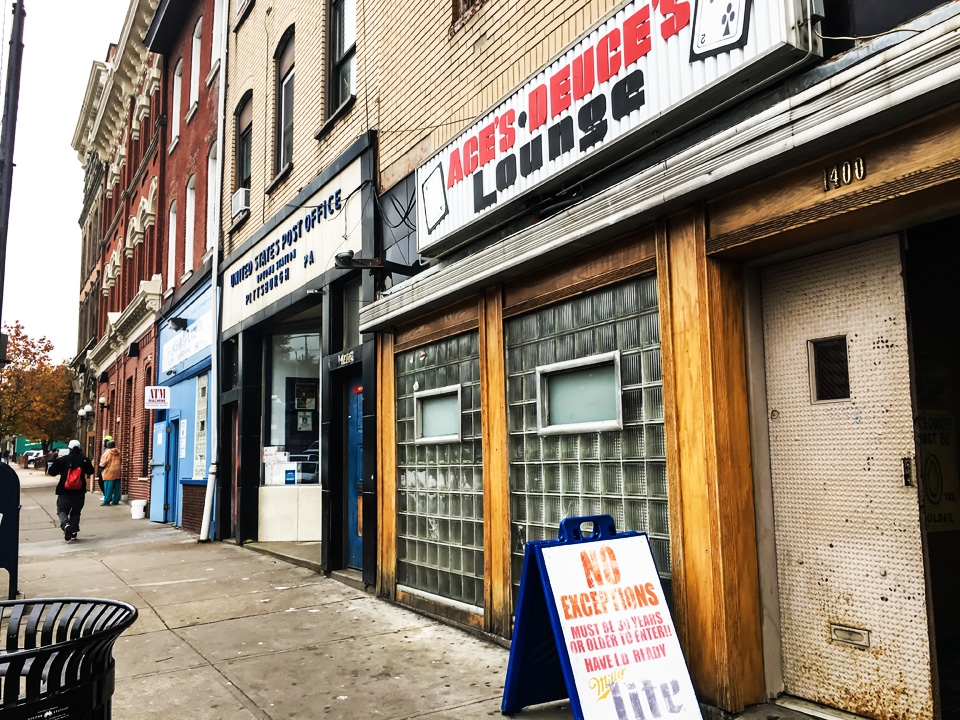
By Raymond Arke | The Duquesne Duke
On Nov. 3, a sweep secured the Pennsylvania judicial branch for the Democrats, as Republicans made some gains on the national scale. But experts say it’s too early to tell how the 2016 presidential elections will play out.
In Pennsylvania, the biggest races were for three slots on the state Supreme Court.
Democrats David Wecht, Christine Donahue and Kevin Dougherty swept the board, cruising to victory with about 18 percent of the vote each.
The Democratic sweep guarantees a liberal majority on Pennsylvania’s highest court.
Even though the elections decided state Supreme Court seats, many Duquesne students missed the proceedings.
“I don’t have much information regarding the candidates and I feel that most college students are ignorant when it comes to local candidates since they come from so many different places,” freshman finance major Ryan Crawford said.
Ethan Shetty, a freshman supply-chain management major, said he has been more interested in the Presidential primary elections.
“I have been following the national primary races, not so much the state ones,” he said. “I’m definitely interested in what happens in the presidential elections.”
The other Pennsylvania elections saw two more Democratic victories with Alice DuBow becoming a judge on the Superior Court and Michael Wojcik winning the race for judge of the Commonwealth Court.
The victories place the Pennsylvania judicial system in solid Democratic control, creating a branch that will be at odds with the Republican-controlled legislature.
However, the Republicans were not without their victories.
One of the most important elections nationally on Tuesday was for the governor of Kentucky. In a tight race, where a Democrat was leading the polls, Republican nominee Matt Bevin unexpectedly won.
The Republican victory is just the third time Kentucky has had a conservative governor since the end of World War II.
“The Kentucky result demonstrates some of the challenges faced by today’s Democratic Party,” Duquesne political science professor John Hanley said.
“We know a lot of these places are getting ‘redder’ — the question was whether ObamaCare and a slowly improving economy would stem that tide — and it appears they haven’t.”
However, it is much too early to tell what any of these results mean for next year’s presidential race.
“The turnout was much lower than we’ll see next year; lower turnout suggests … a better Republican performance,” Hanley added.
Geoffrey Skelley, assistant editor at Sabato’s Crystal Ball, a well respected political science newsletter known for its accurate predictions, agrees with Hanley.
“It’s unwise to read too much into the election results of an off-year election,” Skelley said.
“Recall the 2010 midterm election went very, very well for Republicans, causing many people to wonder if President Obama was doomed.”
He added, “Two years later, he [Obama] won reelection by 5 million votes.”
While there are “small takeaways” from last week’s election such as the unpopularity of Democrats in the South, it would be a mistake to predict what will happen next year, Skelley said.



